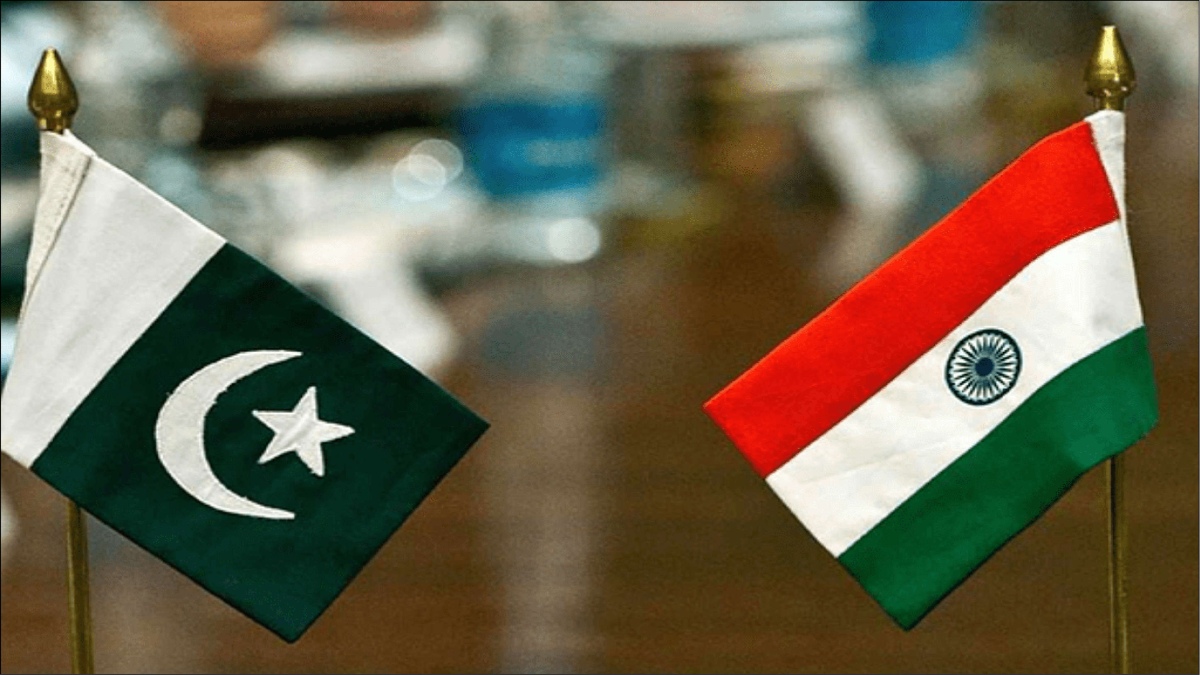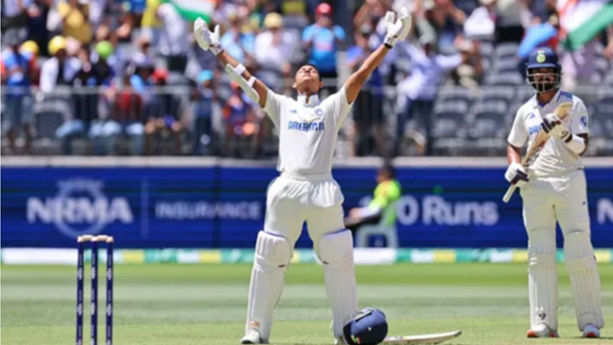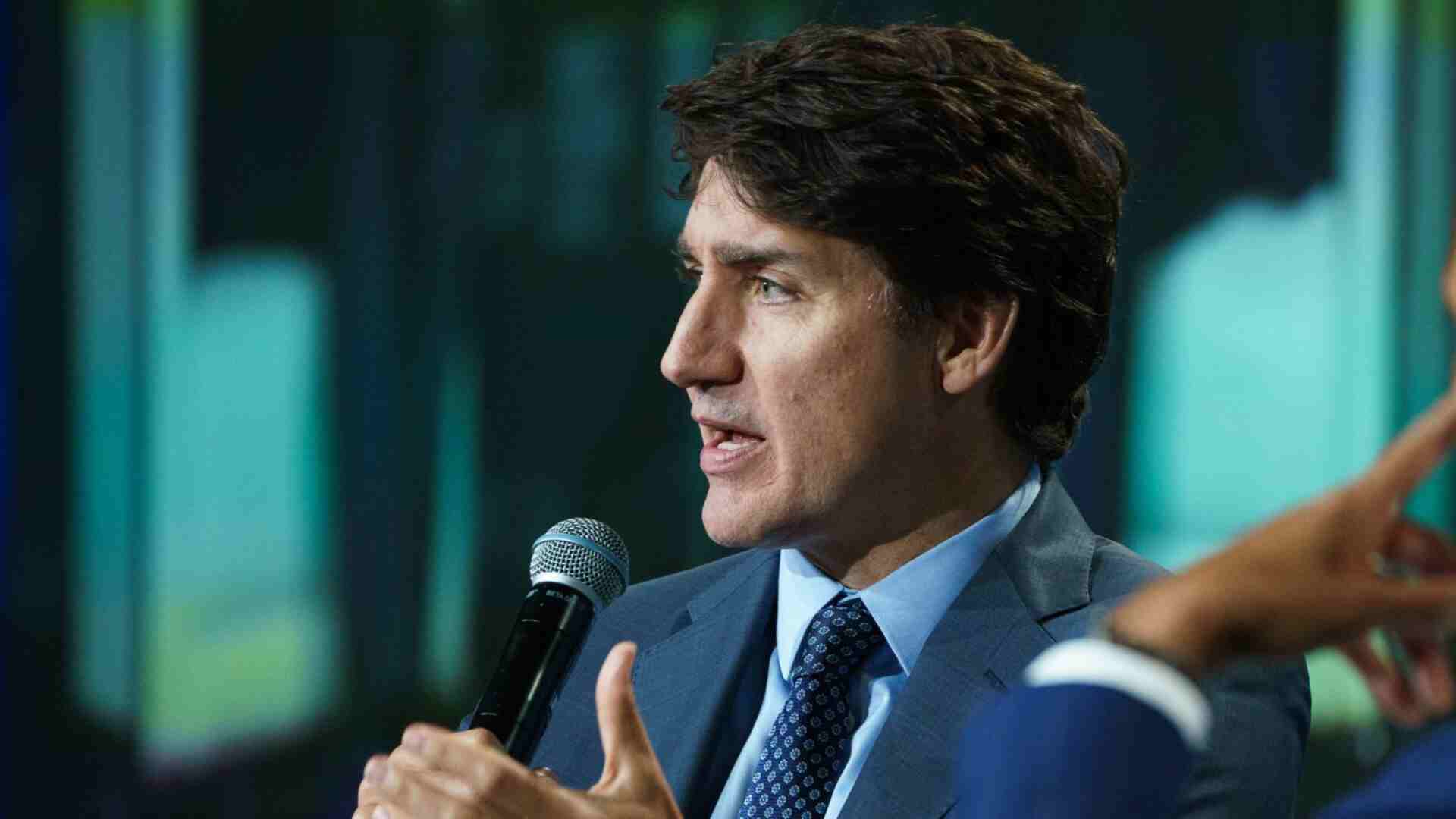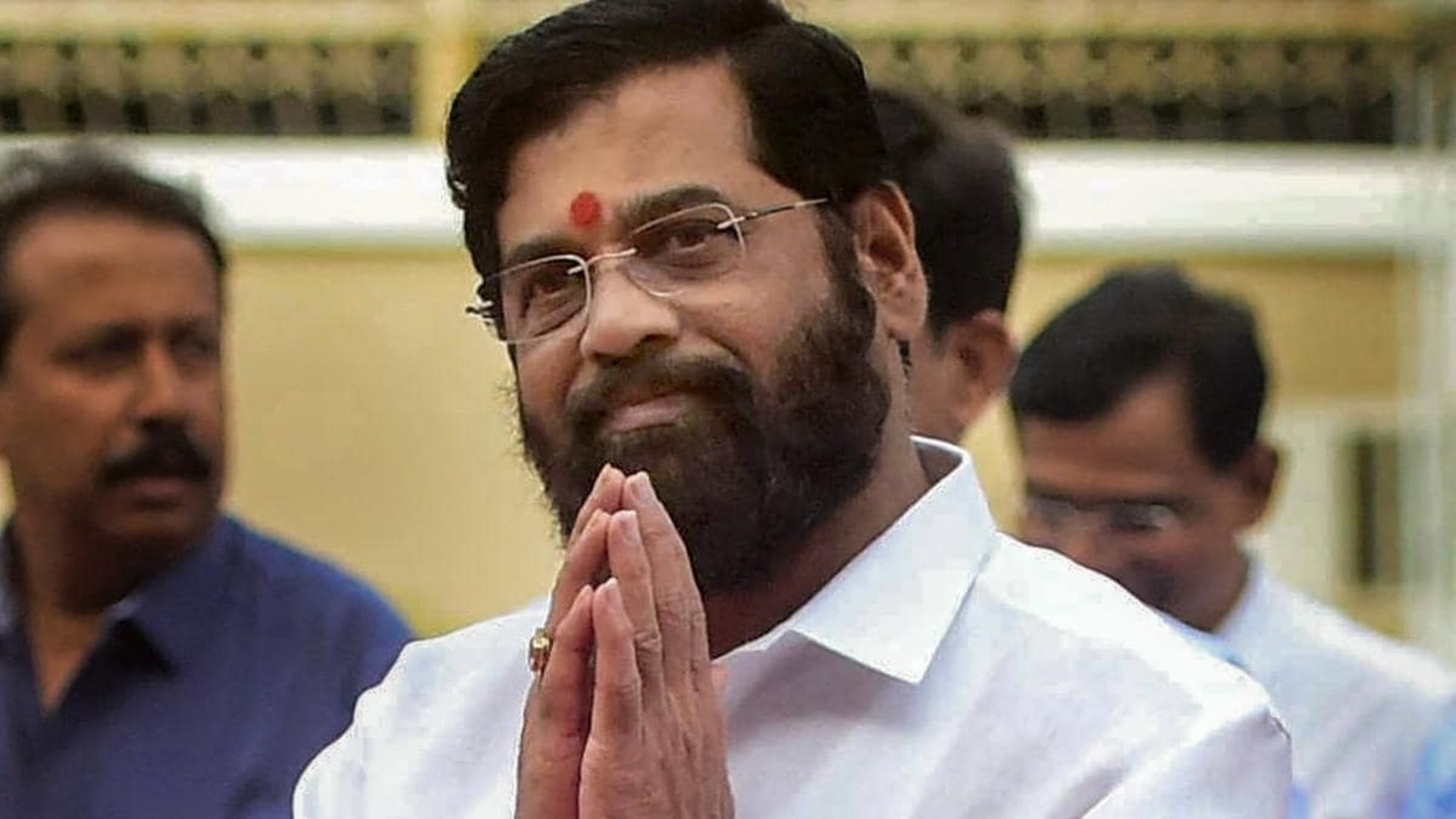
The war in Ukraine has led to a complicated security situation in Europe, with some member countries of the European Union (EU), especially those from Eastern Europe, feeling the heat from the potential fallout of the war on their security environment. While the EU has responded to the crisis with a certain measure of unity, some countries have started taking additional measures to protect their national security interests. Towards that end, Sweden and Finland, which hitherto zealously guarded their neutrality, are now initiating measures to facilitate their entry into the North Atlantic Treaty Organisation (NATO).
Admission into NATO, however, happens by consensus. Turkey had threatened to veto the application of these two Nordic countries unless they address Turkish concerns with respect to Kurdish separatists, which Ankara believes are being harboured by both Stockholm and Helsinki—especially members of the Kurdish Workers Party (PKK) which has been designated by Turkey, US, UK, and dozens of other countries as a “terrorist” outfit. After hectic diplomatic parleys, Sweden and Finland agreed “to crack down on groups that Ankara deems national security threats, including [PKK], and its Syrian extension”. They also agreed not to impose any “embargo restrictions in the field of defense industry” on Turkey. Thereafter, on 28 June 2022, Turkey lifted its objections. A week later, on 5 July 2022, all the 30 NATO member countries signed the accession protocols for Sweden and Finland.
However, as per NATO procedures, the accession protocols have to be ratified by the parliaments of the respective member countries. President Erdogan of Turkey has once again seized the moment to veto the membership of the two Nordic countries if they “do not fulfil their promises to combat terrorism and extradite suspects”. To salvage the accession, Sweden has now started hobnobbing with Islamabad, Ankara’s all-weather friend and ally, hoping that Pakistan will use its good offices to influence Erdogan to soften his stand. But the Pakistanis, as payback, intend to use Sweden, which is seen by many as an influential human rights advocate at the international level, to malign India. Consequently, we are now witnessing increased activity of the Pakistani government and organisations backed by it, in trying to influence Swedish journalists and policymakers against India and Indian interests through its information warfare machine, based on lies and disinformation.
Pakistan considers Stockholm significant for pushing through its propaganda based information war against India and has begun a vicious anti-India campaign in Stockholm, as also in other world capitals, as part of the so-called Youm e Istehsaal (the Oppression Day), in connection with the anniversary of the constitutional rearrangement by India on 5 August 2019. The abrogation of the provisions of Article 370 by the Indian Parliament has unnerved Pakistan, more so as normalcy has come in a big way in the Union Territory, after decades of Pakistani sponsored violence. As Pakistan continues to lose the plot in its attempts to destabilise J&K, it is indulging in a vicious propaganda campaign, trying to portray a wrong picture of the peace process in the UT, through disinformation and a cabal of lies. Pakistan feels doubly compelled to do this to divert the attention of its own people from the impending economic crisis they are facing, which may well lead to the break-up of that country.
In Stockholm, as part of its itinerary for 5 August, Pakistan is inviting “members of the Swedish parliament, media and human rights organizations” to feed them vicious propaganda about Jammu and Kashmir, including through letter-writing campaigns to the Swedish policymakers and policy-influencers by the Pakistani diaspora in Sweden. The pervasiveness of this campaign is demonstrated by the fact that it aims to target every arm of Swedish official life, from the host government to human rights organisations, academia, think tanks, local journalists, and civil society members. This has become a standard modus operandi of the Pakistani state, which is primarily responsible for keeping the conflict industry alive in Kashmir, by pushing the fake narrative of Indian oppression, especially in the western capitals, to malign India globally.
Pakistan has a history of using different platforms, including the United Nations, to export its false propaganda. It has funded academics, journalists, and government lobbyists to influence and mislead foreign governments, albeit unsuccessfully, against India. A 2021 detailed report titled “Kashmir Inc: A Conflict Industry” by DisInfo Lab has comprehensively exposed Pakistan’s machinations of sponsoring Kashmir-centric propaganda against India across many states through an intricate web of organisations, journalists, academics, and human rights groups, among others. It is ironical that Sweden, which purports to uphold human freedoms and democratic values, is bending its principles, and is accommodating Pakistan, simply to influence Turkey to support Swedish membership of NATO. This is evident by the manner in which Swedish policymakers and policy influencers are engaging with Pakistan. A communication from the Embassy of Pakistan in Stockholm indicates that some Swedish parliamentarians, funded by Pakistan, would likely rake up Kashmir at Pakistan’s behest in its parliament, raising questions and belittling the very integrity of this founding institution of democracy in Sweden. Additionally, by responding to these overtures from Pakistan, Stockholm appears hell-bent on straining its longstanding close relations with India “based on common values, strong business, investment and R&D linkages; and similar approaches to meet global challenges of peace & security and development”.
Should Sweden cave in to Pakistani machinations, it will likely adversely impact its relations with New Delhi. If the recent actions and position of Prime Minister Narendra Modi’s government are any indicators, the administration of Swedish Prime Minister Magdalena Andersson should tread carefully, for any negative campaign against New Delhi is likely to come with high diplomatic costs. The ball is in Sweden’s court.
Maj. Gen. Dhruv C. Katoch is an Army veteran. He is currently, Director, India Foundation. Views expressed are personal.















